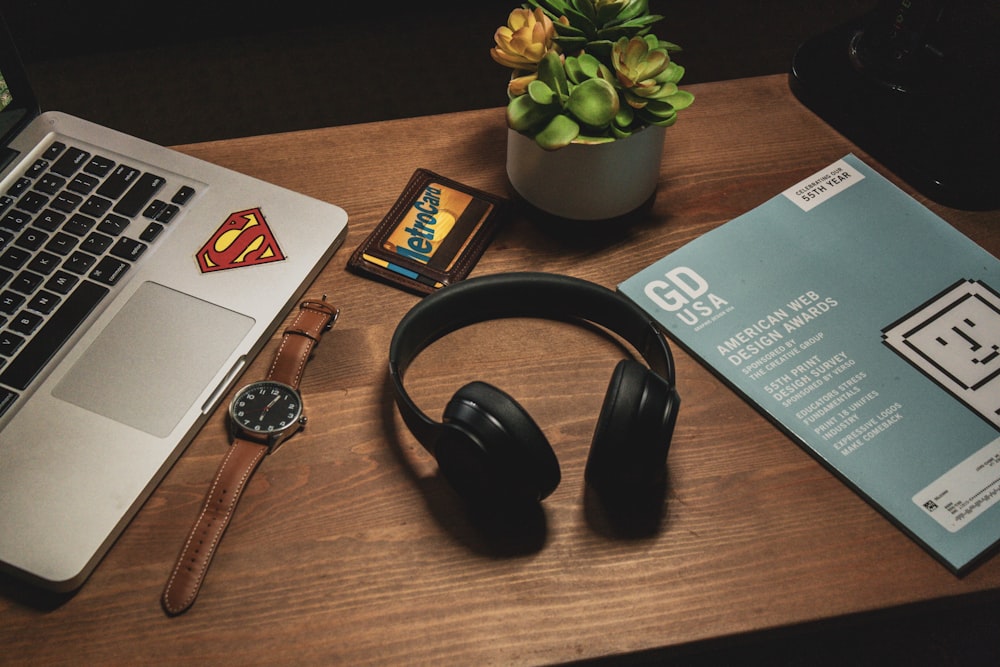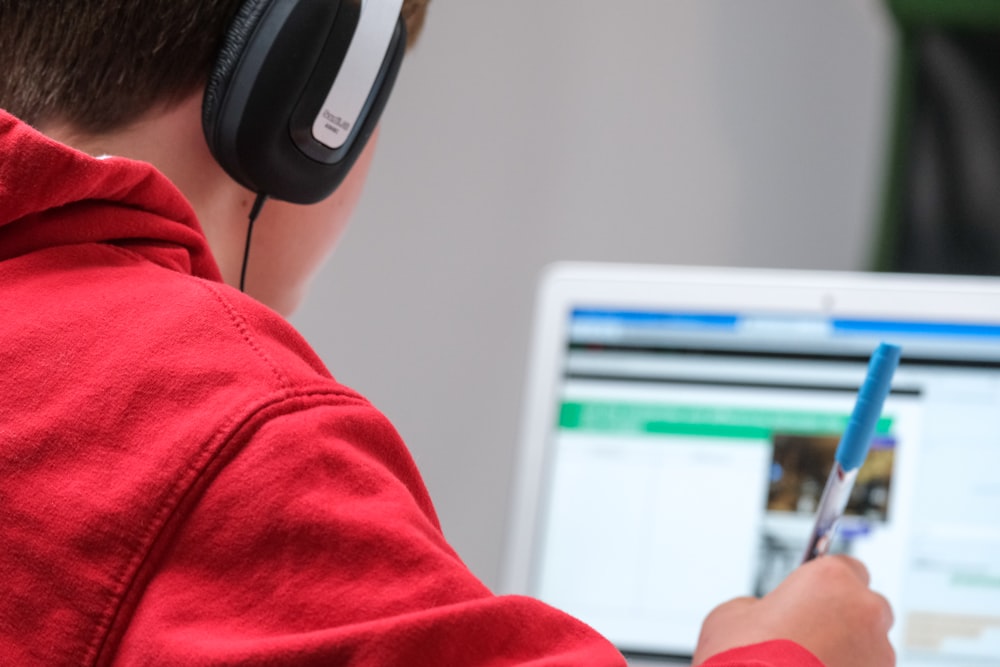Binaural Beats And Studying - Are They Effective?
Have you heard of using binaural beats to improve cognitive function? Below, we examine binaural beats and whether or not they can be used effectively to help you study.
The topic of binaural beats is still relatively new to the world of science.
In fact, most doctors consider this therapeutic treatment as semi-experimental.
However, studies have shown that listening to binaural beats may have a positive effect on your brain and cognitive functioning.
But the big question is; are binaural beats effective at helping you study?
In the following article, we explore the science behind binaural beats, and most importantly, whether or not binaural beats are effective at helping you study.

What Are Binaural Beats?
Binaural beats occur when listening to two different frequencies, which your brain then interprets as a rhythm of beat made up of the difference between the two frequencies.
One ear receives one frequency, while the other receives a different frequency.
But instead of hearing two distinct sounds, the brain processes both as a single frequency.
What this means is, you’ll hear these two tones as one single tone, which is why these frequencies are sometimes referred to as an auditory illusion.

Binaural Beat Tones & Patterns
To achieve a binaural beat, each individual tone must be less than 1000 Hz.
Furthermore, the difference between the two tones should also be no more than 30 Hz. And only one of the two tones is played in each ear.
A 2018 study suggests there are 5 categories of frequency patterns produced by listening to these tones.
These categories include Delta, Theta, Alpha, Beta, and Gamma.
- Do you suffer from sleep issues? Delta patterns (0.5 - 4 Hz) helped participants of the study enter a deeper, more peaceful sleep.
- The study also showed that listening to Theta patterns (4 - 7 Hz) can help with creativity, meditation, and sleep.
- Beta patterns (13 - 30 Hz) help with creativity, alertness, and concentration. However, be warned that at the higher end of the range, this pattern can increase feelings of anxiety.
- For a little relaxation, try listening to Alpha patterns. The study showed that those who listened to 7 - 13 Hz felt more relaxed.
- According to a different study, the Gamma pattern (30 - 50 Hz) is the least understood of all these tonal patterns. However, it’s believed that these patterns can help with peak cognitive functioning.

Are Binaural Beats Effective At Improving Brain Function?
Studies on binaural beats show conflicting information.
For instance, some studies show that using binaural beats increase cognitive functions like memory, while others proved that binaural beats have the reverse effect.
That being said, when it comes to attention and concentration, binaural beats have been proven to increase both.
In other words, there is some evidence to suggests that listening to these frequencies can help you focus and learn while you're studying your text books.

Do Binaural Beats Help You Study?
According to Psychology Today, you can use binaural beats to improve both your working and long-term memory.
In other words, binaural beats can help you to recall information that you’ve recently processed while studying.
Some studies show that Gamma patterns in particular can help to increase attention to detail, as well as complicated problem solving, and brainstorming.
So despite conflicting study results, when used correctly, binaural beats can increase some people’s ability to recall information.
This means using binaural beats to study might help you better recall information in time for your next test.

How To Study With Binaural Beats
It’s easy to study with binaural beats.
Set aside 15 - 30 minutes before studying. Use this time to listen to binaural beats, which will help your brain tune into the frequency and fall into synchronization.
Then, you should proceed to study as you normally would.
You won’t notice any sort of immediate effects.
However, the next time you try and recall information, the answer will likely come to you much faster than before.

Find affordable textbooks, novels and study guides at www.textbooknova.com
Binaural Beats - Who Should Use Them?
It must be said that some people shouldn’t use or listen to binaural beats.
For example, never listen to binaural beats while driving or operating heavy machinery. There’s a risk that the rhythm could put you in a trance. This puts the safety of others (and yourself) in danger.
- If you suffer from seizures or epilepsy, these tones can increase the risk of having a seizure.
- Pregnant women shouldn’t listen to these frequencies because it increases the chances of triggering labor.
- If you have a prescription for tranquilizers or have a diagnosed psychological disorder, avoiding listening to these tones.
- Young children shouldn’t listen to these frequencies as it increases the risk of seizure.
- Binaural beats can also affect your heartbeat. Therefore, anyone with a pacemaker or heart condition should avoid listening to binaural beats.

Binaural Beats And Studying
Although evidence does suggest that listening to these frequencies can help improve your overall cognitive functioning, they're not a magical solution for helping you pass that upcoming exam, and they're not going to be as effective for everyone.
In other words, some people might need to listen to binaural beats longer to achieve the same results.
Or, they may find that doing so increases their anxiety levels and has the opposite effect.
Therefore, the best advice is to experiment with what works for you.
With any luck, binaural beats will give you a cognitive boost, and you’ll be acing that exam in no time!


